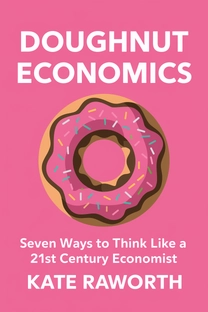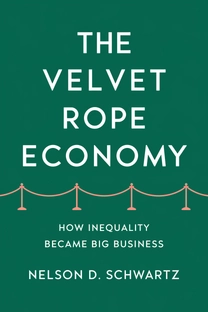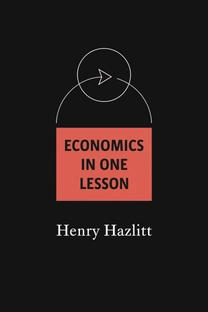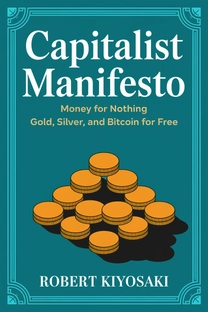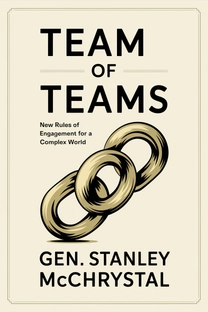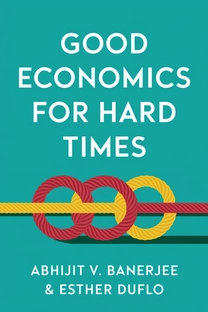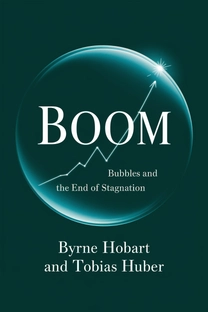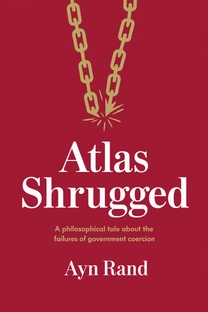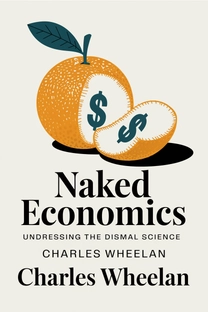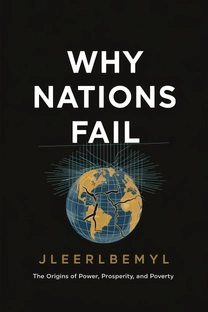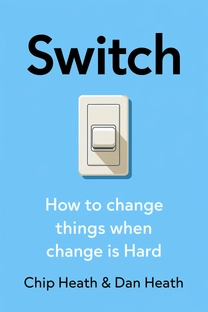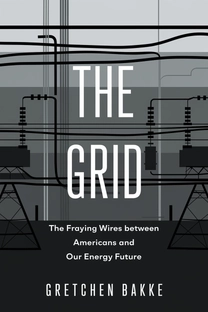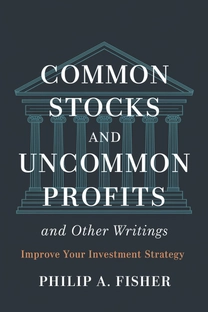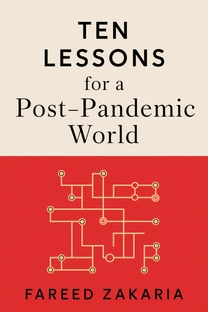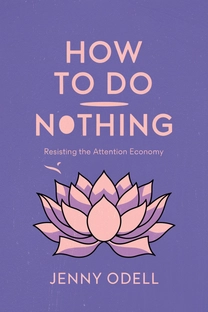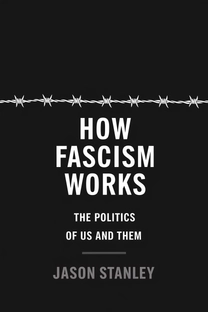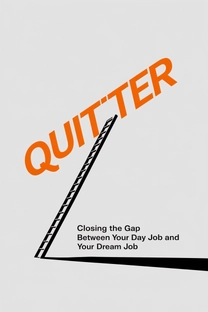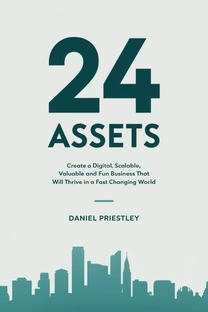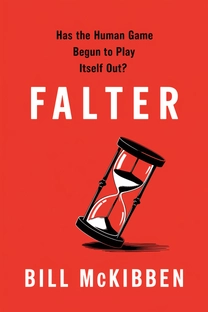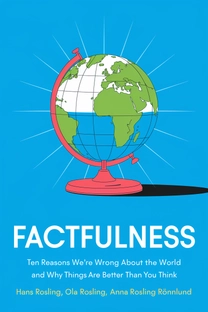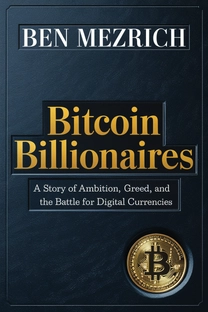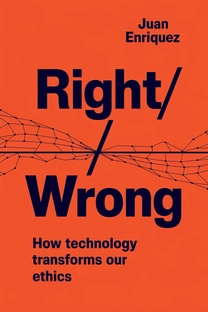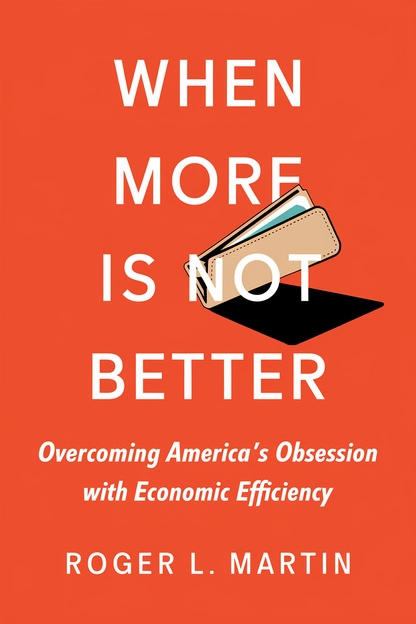
When More Is Not Better
Overcoming America’s Obsession with Economic Efficiency
by Roger L. Martin
Brief overview
This book uncovers why relentless efficiency can undermine the shared prosperity that democratic societies depend on. It examines how treating the economy like a machine leads to lopsided gains and fragile outcomes, and it lays out a more adaptable approach grounded in real-world complexities. Readers will find a blueprint for preserving democratic capitalism by embracing balance, resilience, and a consistent drive for improvement.
A Fresh Look at Efficiency
We often think of efficiency as a universal good—if we can do more with less, then progress must follow. Yet when everyone chases maximum efficiency, we risk removing all buffers from the system. Imagine a race car running at top speed with no pit stops: it’s thrilling until a minor issue causes a huge crash. In economic terms, this can create fragile markets and unstable livelihoods.
When companies see success solely through cost-cutting and immediate returns, they unwittingly set the stage for large-scale breakdowns. Workers get squeezed, diverse suppliers vanish, and entire communities can slide into struggle. At a distance, it might look like we’re conquering inefficiency, but up close, people feel the cuts in wages and overall security.
This isn’t an attack on being productive. Rather, it’s a call to balance efficiency with other values like stability, fairness, and shared prosperity. We can still strive for better performance but in a way that isn’t so brittle. Think of it as building a dependable family budget instead of a risky gambling spree. The goal is harmony, not perfection.
How Our Economic Model Became a Machine
Throughout the 20th century, the American economy was often pictured as a controllable machine. Policy makers believed they could tweak monetary policies and adjust fiscal levers to keep growth steady, like a driver steering a car. This comforting metaphor gained force when economists began mapping inputs and outputs of various industries, hoping for precise estimates of the effects of each policy decision.
But real life proved more complex. Predictions fell short, and unforeseen events—like speculative bubbles or intense competition from emerging markets—sidestepped the so-called controls. The economy did not respond as cleanly as a machine might. Instead, changes rippled unpredictably, reshaping competition and job markets in ways that confounded the experts.
Once we recognize that the economy is not a machine, we become open to a new viewpoint: it behaves more like a dynamic ecosystem. Like a forest or coral reef, it’s full of interdependent relationships that can shift in unexpected ways. It breathes and adapts, often beyond the grasp of simplified models.
What is When More Is Not Better about?
In "When More Is Not Better: Overcoming America’s Obsession with Economic Efficiency," author Roger L. Martin delves deep into the systemic pitfalls of America's infatuation with efficiency at the expense of broader societal health. This compelling examination brings to light how viewing the economy as a simple, mechanistic entity leads to unequal gains and vulnerable systems. Instead, Martin advocates for a nuanced understanding rooted in the complexities of democratic capitalism, promoting a balance between efficiency, resilience, and equity.
This book offers a transformative perspective on preserving democratic capitalism by integrating real-world complexities rather than reducing them to oversimplified models. Readers will discover insightful strategies that emphasize sustained prosperity by embracing slack and friction, thereby ensuring a more inclusive economic landscape. This text encourages a reimagined approach to economic management that values collective growth over unfettered efficiency.
"When More Is Not Better" not only unveils the unintended consequences of relentless efficiency but also provides a hopeful blueprint for a collaborative economic future. With practical steps and in-depth examples, it makes a powerful case for fostering systems that benefit a wider range of participants, encouraging readers to play an active role in shaping a balanced, resilient economy.
Review of When More Is Not Better
"When More Is Not Better: Overcoming America’s Obsession with Economic Efficiency" by Roger L. Martin is a timely, thought-provoking exploration that challenges the prevailing economic paradigms of relentless efficiency. The book's strength lies in its in-depth analysis of how treating the economy as a mere mechanical system leads to skewed benefits for a narrow elite while rendering society as a whole more vulnerable to crises. By turning this notion on its head, Martin proposes a framework focusing on balance, resilience, and inclusivity.
Martin's writing is accessible yet richly insightful, suitable for a wide-ranging audience from policymakers to concerned citizens. He effectively elucidates complex economic notions using real-life examples and historical context. This approach not only engages readers but also equips them with practical applications for fostering a more balanced economic environment, making the narrative both enlightening and actionable.
Furthermore, the book caters to those looking for comprehensive strategies to make a positive impact, weaving through different sectors’ roles—from corporations to grassroots movements—in achieving sustainable prosperity. Recommended for anyone interested in understanding and contributing to a more equitable economic future, "When More Is Not Better" is an essential read brimming with actionable insights and innovative ideas.
Who should read When More Is Not Better?
- Policy makers seeking alternative approaches to economic planning and reform will gain valuable insights into creating systems that balance efficiency with resilience.
- Business leaders interested in sustainable models will benefit from the book's innovative strategies focusing on long-term growth rather than short-term gains.
- Economists and students eager to explore modern economic challenges will find Roger L. Martin’s analyses and comprehensive examples enlightening.
- Social activists and NGOs striving for economic equity and worker's rights can leverage the book’s findings to advocate for policies that embrace inclusivity and shared prosperity.
- Educators and academics focused on interdisciplinary learning and real-world complexities will appreciate the book’s holistic approach to subjects traditionally dominated by rigid economic models.
About the author
Book summaries like When More Is Not Better
Why readers love Mindleap
10-Minute Book Insights
Get the core ideas from the world's best books in just 10 minutes of reading or listening.
Curated For You
Discover your next favorite book with personalized recommendations based on your interests.
AI Book ExpertNew
Chat with our AI to help find the best book for you and your goals.
Reviews of MindLeap
Love how I can get the key ideas from books in just 15 minutes! Perfect for my busy schedule and helps me decide which books to read in full.
Alex R.
The summaries are incredibly well-written and the audio feature is perfect for my commute. Such a time-saver!
Jessica M.
Great app for personal growth. The insights are clear and actionable, and I love how they capture the essence of each book.
Chris P.
The app is beautifully designed and the summaries are top-notch. Definitely worth every penny!
Sarah K.


